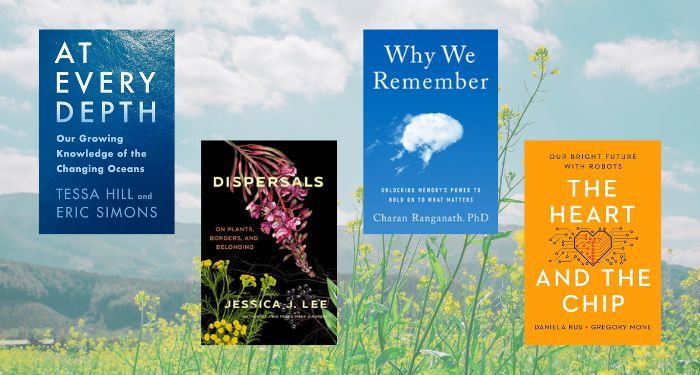A new year means a whole new crop of books coming out — and a whole new way to absolutely destroy my TBR piles and reading plans. While I especially love reading nonfiction, the science genre is my very favorite. When I talk about science, I’m also including things like nature and the social sciences. Science encompasses so many different topics, including some that I’ve never heard of or never read about, and I love that.
In my work, I have to read many science books and stay current on what’s being published. While I have my preferred areas of science as well as my stronger subjects, I can’t just stay within my comfort zones. I have to read books on all different kinds of areas of science, which has been challenging and actually really fun. It’s opened up multiple new areas of interest for me and reminded me that it’s never too late to try something that scares you.
With so many great science books coming out in 2024, I couldn’t possibly list them all. But I did put together a list of some books coming out in the first four months of the year that I’ve got my eye on. This is definitely not all of the science-related books coming out in the next few months, but hopefully, this will whet your appetite for more!
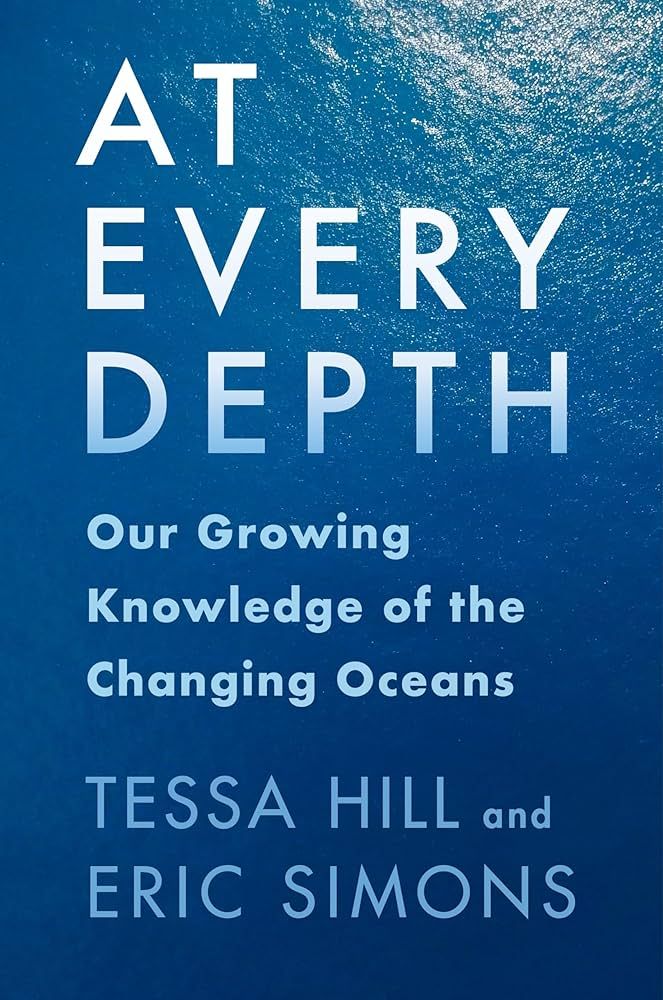
At Every Depth: Our Growing Knowledge of the Changing Oceans by Tessa Hill and Eric Simons (January 26)
Climate change, human behavior, and damage to the environment are impacting the oceans in big ways: affecting marine life, changing water temperatures, and much more. Hill, an oceanographer, and Simons, a science journalist, explore the oceans and the human connection to the oceans, looking at the impact we have on them as well as the efforts to help repair the damage done. They share stories from a variety of people working with the ocean. Among them are fishery workers, ocean scientists, members of coastal communities, and others, illustrating how we can all work together to work in the best interest of preserving the world’s oceans for the future.
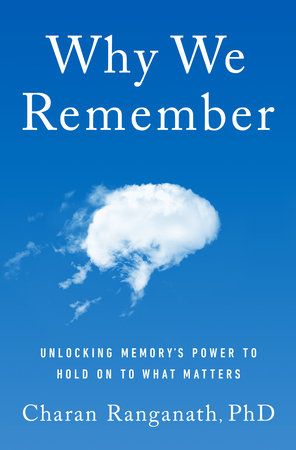
Why We Remember: Unlocking Memory’s Power to Hold on to What Matters by Charan Ranganath (February 20)
Ranganath, a neuroscientist and psychologist, puts forth a new way of looking at and understanding memory in this book, backed by scientific research. He writes about how the brain remembers things that happened in the past and how we use that to understand who we are, to comprehend what’s going on right now, and to plan for any future events. Since our memory shapes how we make sense of the world, he puts forth ideas about how this understanding can be harnessed to do things like address biases, heal trauma, become more self-aware, and much, much more.
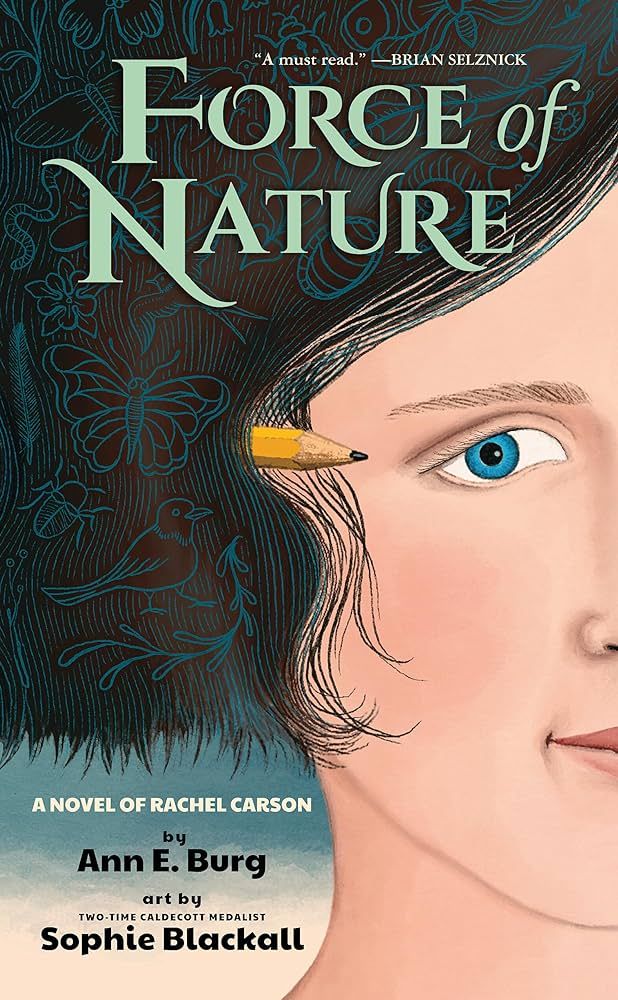
Force of Nature: A Novel of Rachel Carson by Ann E. Burg and Sophie Blackall (March 5)
This middle grade novel-in-verse about writer, naturalist, and environmental activist Rachel Carson is an absolute joy to read. Burg’s writing, paired with illustrations by Blackall, bring Carson to life and give the reader a glimpse into her personal side. We read about her relationships with her parents and sister, taking care of ailing family members, and dealing with her own health issues in a poignant, straightforward way. Burg captures the awe and wonder that Carson had for nature and the natural world and her desire to share that with others, especially children.
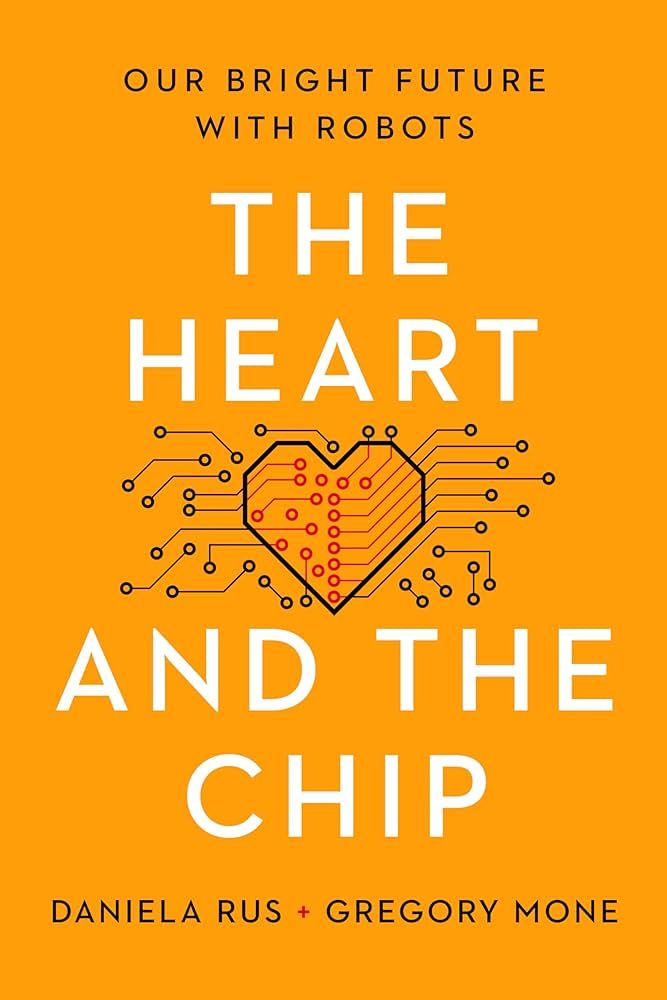
The Heart and the Chip: Our Bright Future with Robots by Daniela Rus and Gregory Mone (March 5)
Robots are a big part of our lives, whether we know it or not, and they’re about to become an even bigger part. Rus is a roboticist and computer scientist, and she’s teamed up with science writer Mone to write a book detailing how robotics, AI, and machine learning all work together to impact our lives in a variety of ways. At the same time, they also explore the ethics of robotics and potential drawbacks and dangers. Rather than eradicating jobs or dumbing us down, they put forth a vision of robots helping us do more and bringing out the best in us. We can hope, right?
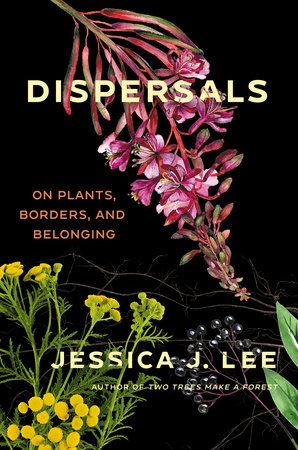
Dispersals: On Plants, Borders, and Belonging by Jessica J. Lee (March 12)
In this collection of essays, Lee, a memoirist and nature writer, examines themes of displacement, belonging, and identity, all through a botanical lens. Combining science, nature, history, and memoir, she illustrates human impact on plants and their futures, their survival (or not), and how we label, collect, and change different plants. What happens when seeds and plants cross borders into somewhere they “don’t belong?” What is the impact on their survival? What happens when plants get a bad reputation but still have redeeming qualities? Lee’s writing is thought-provoking and fresh, with the topic being unexpectedly (for me, anyway) compelling.
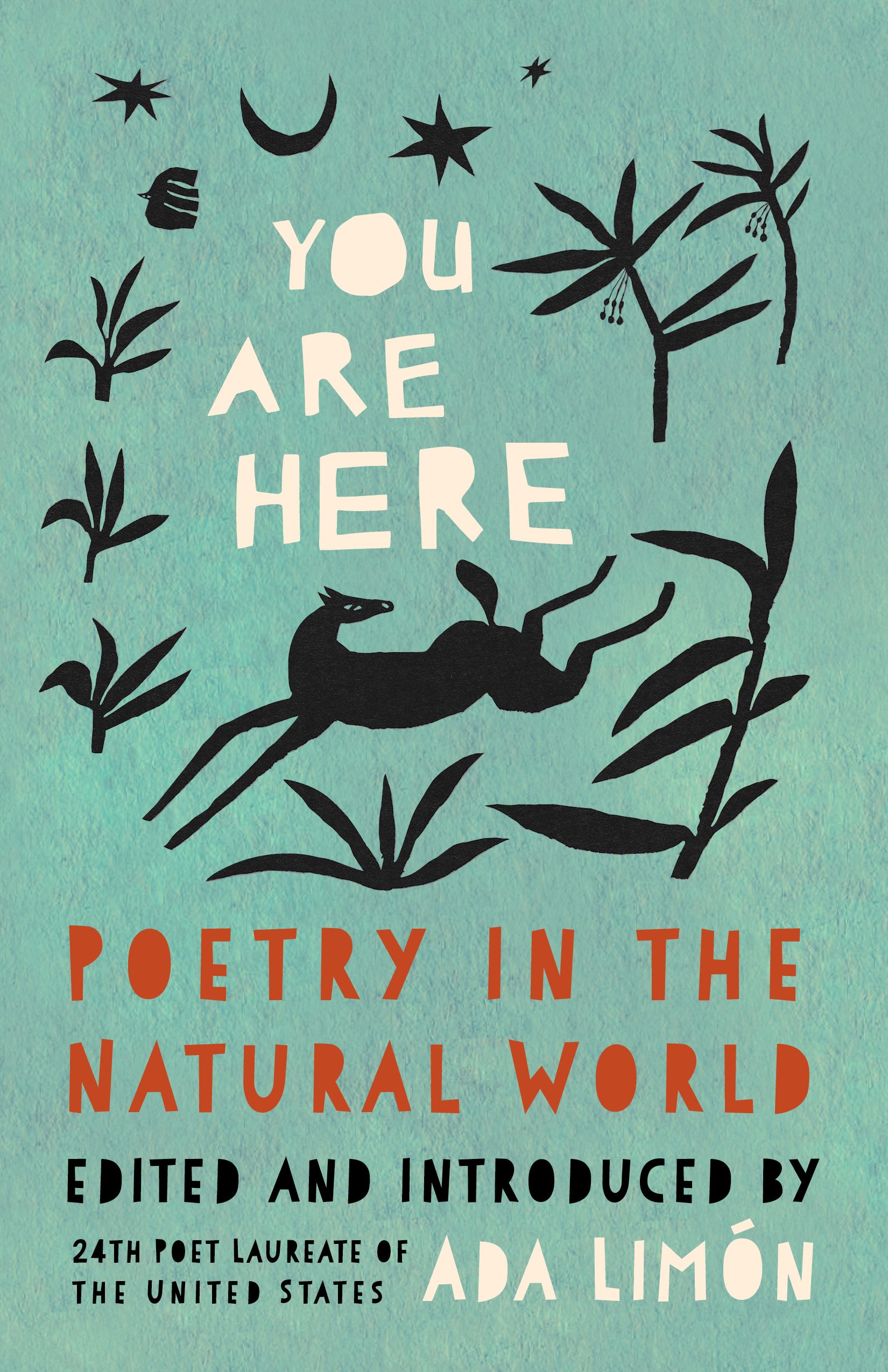
You Are Here: Poetry in the Natural World edited by Ada Limón (April 2)
Poetry in a list of science books? Why not? Limón, the 24th Poet Laureate of the U.S., has edited an anthology of all-new nature poems from writers like Joy Harjo, Erika Meitner, and Jericho Brown, among others. Whatever you think “nature poetry” is, you might be surprised by this collection. Each poet writes about their local landscape in new and sometimes unexpected ways, showcasing a diversity of methods with which to interact with the natural world. It’s a slim but powerful volume of poetry that demands you slow down, stop, and immerse yourself in the natural world, if even just for a few minutes.
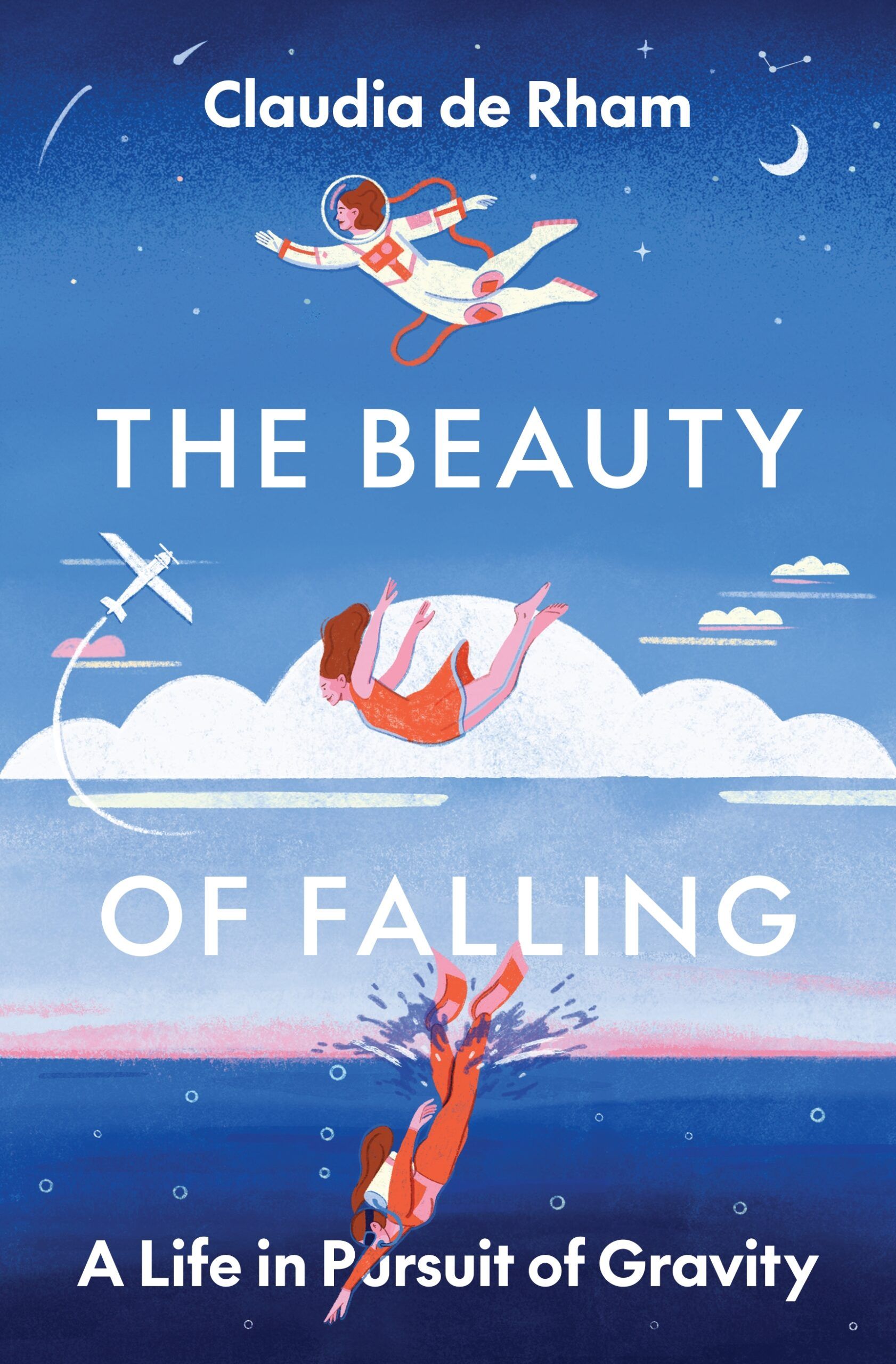
The Beauty of Falling: A Life in Pursuit of Gravity by Claudia de Rham (April 2)
Physicist de Rham has always been involved with exploring gravity, whether it was as a diver, a pilot, or as a potential astronaut. Now, as a scientist, she grapples with Einstein’s theory of relativity, exploring new areas of gravity in a different way. In this unique and compelling book, she writes about her struggles with gravity in one form or another. She provides a history of scientists who have researched gravity to try and figure out exactly what it is, as well as her personal story of how she got to where she is today, with all its unexpected twists, turns, and falls.
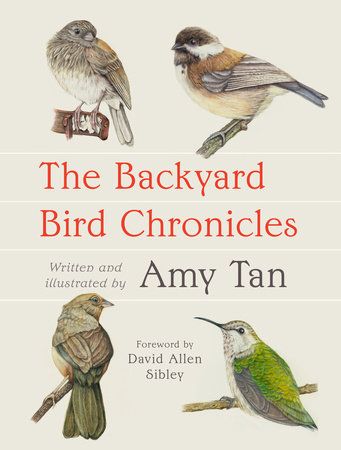
The Backyard Bird Chronicles by Amy Tan (April 23)
In 2016, Tan was overwhelmed by the divisiveness and hatred in the U.S. and on social media and sought refuge in nature that was just outside her window: bird watching. She started to keep an illustrated journal about the birds that visited her yard and took a class on nature journaling. Not only did this bring her a better sense of peace, but connecting in this way with nature also allowed her to bring more silence and calm into her life and observe the rhythms of nature that are similar to humans. She chronicles her foibles and uncertainty with nature journaling and sketching and fumbles her way to greater confidence. It’s truly a delight to read and reminds you just how powerful nature can be.

